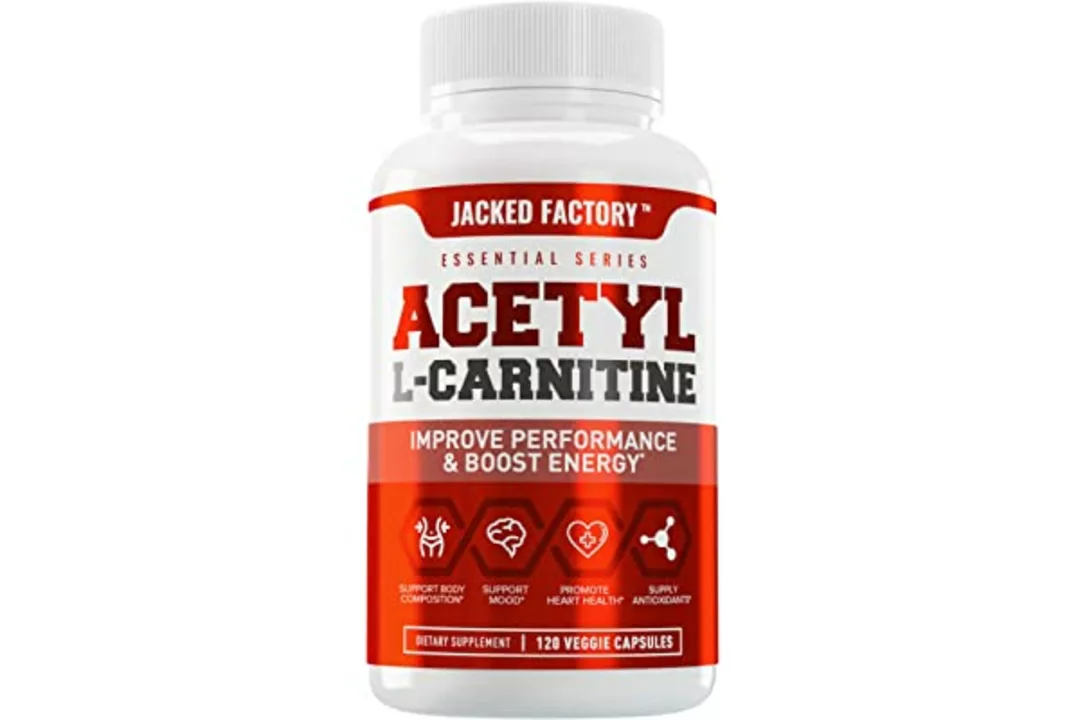Acetyl-L-Carnitine (ALCAR): What It Does and Who Might Benefit
Acetyl-L-carnitine, often called ALCAR, is a form of the amino-acid-like compound carnitine. People use it for brain fog, nerve pain, fatigue, and sometimes fertility. It works differently than many supplements: ALCAR helps shuttle fatty acids into mitochondria for energy and also donates an acetyl group that may help brain chemistry.
Where ALCAR helps — the evidence, in plain English
ALCAR has the best real-world support for two things: age-related cognitive issues and certain types of nerve pain. Small randomized trials in older adults and people with mild cognitive impairment showed modest memory and thinking improvements after weeks to months of use. That means you might notice clearer thinking, but results aren’t dramatic for everyone.
For neuropathy — especially diabetic nerve pain — several clinical studies reported less pain and some nerve function improvement after regular ALCAR use. Results vary, but if nerve pain is your main problem, ALCAR is one of the supplements worth trying alongside medical care.
Less convincing: weight loss and athletic boost. Some people try it for energy or fat burning, but the clinical proof there is thin. Treat ALCAR as a targeted support, not a miracle cure.
Dosage, timing, and form
Common doses range from 500 mg to 2,000 mg per day, usually split into two doses (morning and early afternoon). Many people start at 500 mg twice daily and increase if needed. ALCAR is absorbed well in capsule or powder form. Take it on an empty stomach for best absorption, but switch to taking with food if it causes nausea.
Don’t confuse ALCAR with plain L-carnitine. ALCAR crosses the blood–brain barrier more easily, which is why it’s preferred for cognitive and nerve concerns.
Expect to give it several weeks to show effects. Some people notice changes in 2–4 weeks; for cognitive or nerve outcomes, 8–12 weeks is a more realistic window.
Side effects are usually mild: stomach upset, restlessness, or headache. People with bipolar disorder may get more agitation or manic symptoms — check with your doctor first. Also, some research links high L-carnitine intake to higher TMAO levels, a gut-microbe product tied to heart disease risk; the clinical importance of this for typical ALCAR doses is still uncertain, but it’s worth discussing if you have heart disease risk.
Practical tips: buy from reputable brands, look for clear dosing on the label, and tell your healthcare provider if you’re on blood thinners or psychiatric meds. If you’re pregnant, breastfeeding, or have serious medical conditions, ask a clinician before starting ALCAR.
If you want a low-risk trial, try 500 mg twice daily for 8–12 weeks and track symptoms like pain, energy, or memory. If you notice improvement and no side effects, it can be a simple, affordable option to keep using under medical guidance.
As a health enthusiast, I've been exploring various supplement combinations to enhance overall well-being. Recently, I discovered the benefits of combining Acetyl-L-Carnitine with other supplements for a synergistic effect. This practice, known as "stacking," can potentially improve cognitive function, energy levels, and even weight loss. For example, stacking Acetyl-L-Carnitine with Alpha Lipoic Acid may help with memory and focus, while combining it with CoQ10 can support cellular energy production. I'm excited to experiment with these supplement stacks and share my experiences with you all in future posts!

